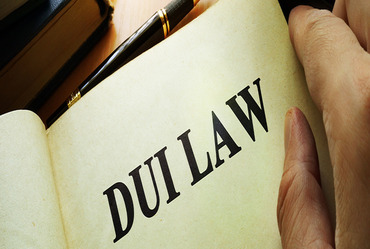Search

In this system, driving under the Influence (DUI) is considered as a serious issue by every State across United States including Michigan. A third DUI conviction by Michigan counts as a felony and comes with exemplary penalties over first and second DUI convictions. Therefore, anyone who is charged by DUI or someone who wishes to avoid future convictions needs full understanding of what the legal punishments and extended consequences are that accompany the third offense. What in the world is all this:
This blog provides an overview of Michigan’s third DUI laws and procedures plus the lasting repercussions per present state regulations.
A Michigan charge for third DUI will be applied when someone receives two previous convictions that include Operating While Intoxicated (OWI) or Operating While Visibly Impaired (OWVI) throughout their entire life. Michigan does not apply any specific period of time when assessing previous convictions for felony status in DUI cases. A previous history of vehicular intoxication from any point in time results in increased offense totals which eventually lead to third DUI convictions under Michigan law.
Yes. Under Michigan Compiled Laws § 257.625 the state automatically labels third-time DUI offenses as felony offenses regardless of when former crimes occurred. This felony classification category forces mandatory imprisonment along with prison detention alongside excessive fines and enforced extended license suspension as well as other penalties.
These are the results for what you can get punished with after your third DUI offense under Michigan state law.
Defendants must permanently lose their driving permits under this enforcement. The court cannot give out either hardship or restricted licenses during one year The authorities can take away the vehicle used for 1 to 3 years.
Yes. As with any criminal charge, a third DUI in Michigan can be argued on: Illegal traffic stops Faulty breathalyzer or blood test results Mishandled field sobriety tests Violations of constitutional rights The circumstances may lead to charges being reduced, being dismissed or even other sentencing options as a result of a strong defense strategy.
A felony DUI conviction carries long lasting consequences. It can affect: Job opportunities and background checks Professional licenses and certifications Housing applications Gun ownership rights for non-citizens, immigration and travel status
A third DUI in Michigan is a charge of monumental proportions with monumental legal, financial and personal consequences. When facing such a serious offense, it is very important to know your rights, get professional legal advice and try to explore all legal options. It will also help reduce repeat offenses, and if they make the effort to change and get proper treatment or rehabilitation, you can do so too and build your future again.